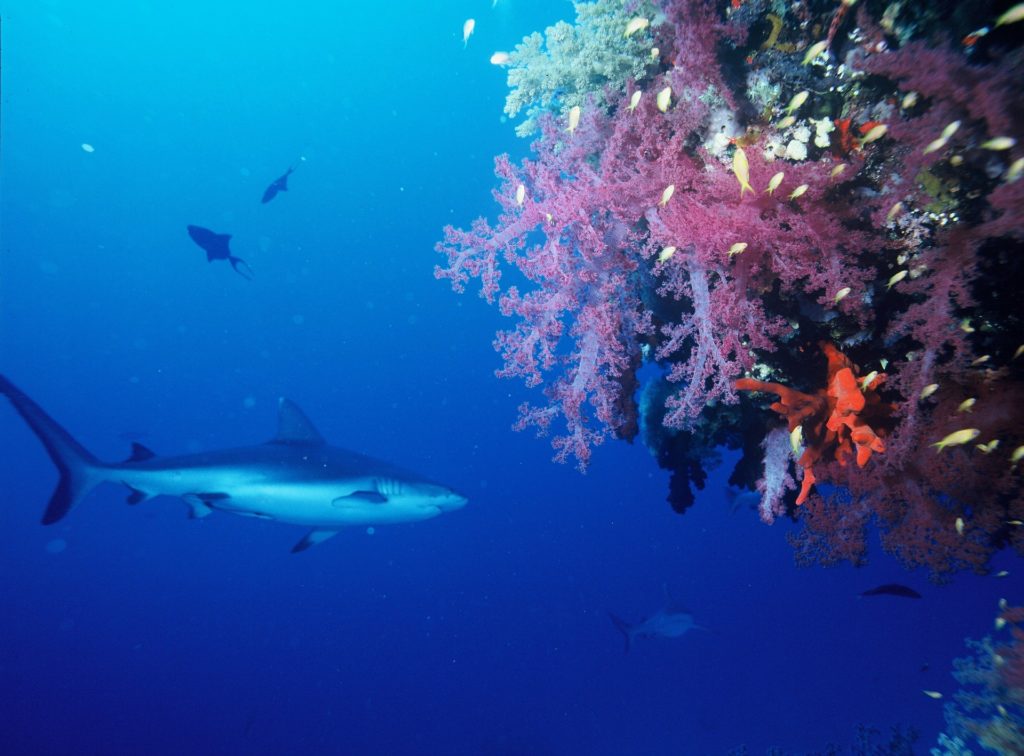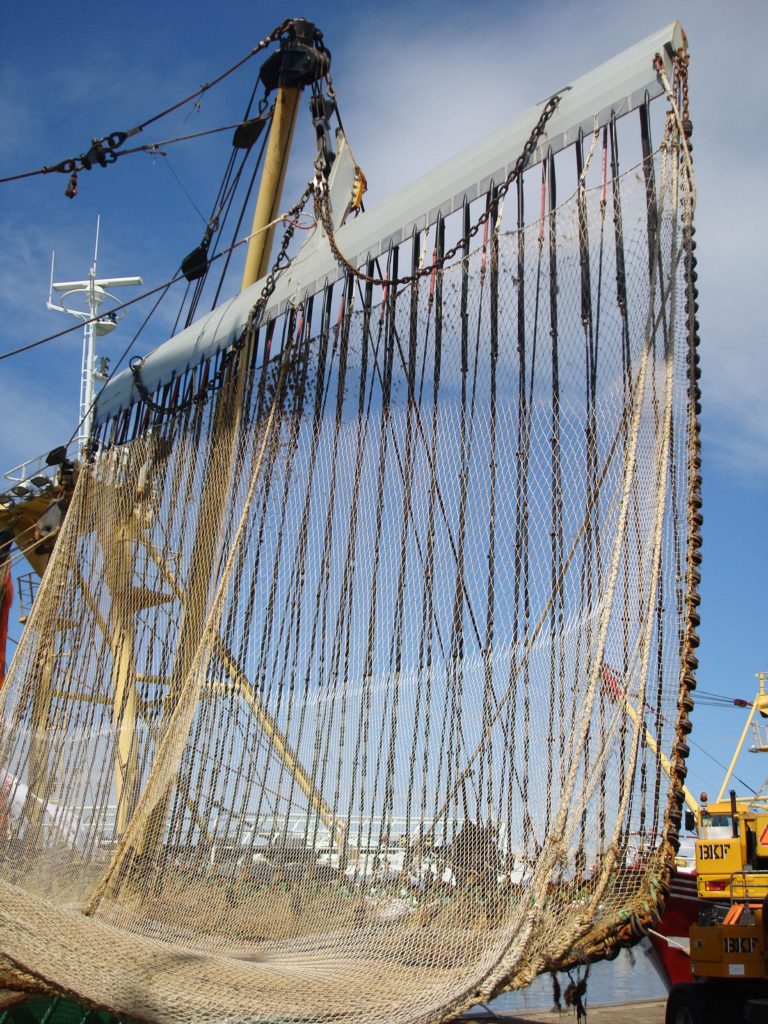The Party for the Animals calls on everybody to object to catastrophic electrofishing
On the 21st of November, the General Fisheries Commission of the European Parliament will vote on controversial pulse fishing, also known as electrofishing. The European Council of Ministers wants to impose restrictions on this new way of fishing, which uses electricity. The Dutch government expressed its displeasure against the restrictions because it lobbied to a great extent to fully legalise pulse fishing. The Party for the Animals’ MEP Anja Hazekamp, together with scientists and NGOs, makes every effort to prevent full legalisation. After all, electrofishing entails imprudent risks for marine life and will threaten the future of us all. “Sustainable (pulse) fishing is currently a myth,” according to Hazekamp. Hazekamp calls on everybody to sign the petition against pulse fishing.

Controversial electric pulse fishing is a catching method that uses electric wires that are pulled across the seabed and release electric pulses. It causes fish to jump up from the seabed so that they can be caught in the trawling net. Technically speaking, electrofishing is prohibited in the European Union but until now, lobbyists have time and again managed to convince the European Commission to permit electric pulse fishing on a limited scale.
The Netherlands wants to go even further now and allow unlimited electric pulse fishing as a ‘conventional’ fishing method. The Dutch government and fishing lobby argue that electric pulse fishing is sustainable and fish-friendly. They consistently compare pulse fishing with classical fishing methods, which gives a misleading view and causes negative aspects to be forgotten. Testing on pulse fishing revealed that this method causes serious damage and the death of fish. Additionally, this method presents a great risk for the marine ecosystem. Long-term exposure to light electricity could, for example, change the chemical composition of the seabed and affect the seabed life. Many fish species are sensitive to electricity: sharks and rays use it when hunting for food.
Desertification of the oceans
Another risk is that – because of the lighter fishing gear that can be used for pulse fishing – they can fish in areas that were previously left alone. This means that our waters are threatened to be overfished even more. This despite the fact that the United Nations previously warned that there won’t be any fish left by 2050 if we continue fishing this way. In that report, experts concluded that the fish disaster can only be avoided if governments start to cut subsidies for fishing fleets and if fish are given more space in oceans, for example by setting up protected zones. That way, the ecosystems and fish species that are in a bad way will really get the chance to recover.

Dutch fishery is partly responsible for the structural overfishing in European waters. No less than 88% of the species of fish is overfished and 30% will more than likely not be able to recover. The Party for the Animals believes that destructive forms of fishing (electric or not) must be banned. Possible alternative catching methods may only be permitted when they comply with strict sustainability criteria. Animal welfare is a key principle in this.
Sign the Petition
The Party for the Animals’ MEP Anja Hazekamp: “Pulse fishing has disastrous effects on all vulnerable underwater flora and fauna. This method makes fishing possible on an even larger scale while we should actually reduce the fishing industry. The fish populations in Europe have decreased to such extent that the current fishing industry efforts are no longer cost effective. Instead of allowing the fish populations to grow again, as scientists advise, the fishing industry decided to deplete the remaining fish reserves in any way possible. Pulse fishing is changing our ocean into a cemetery and we must do everything in our power to oppose to it.”
Hazekamp, together with a group of scientists and NGOs, calls on everybody to sign the petition against pulse fishing. More than 55,000 people have already signed the petition.